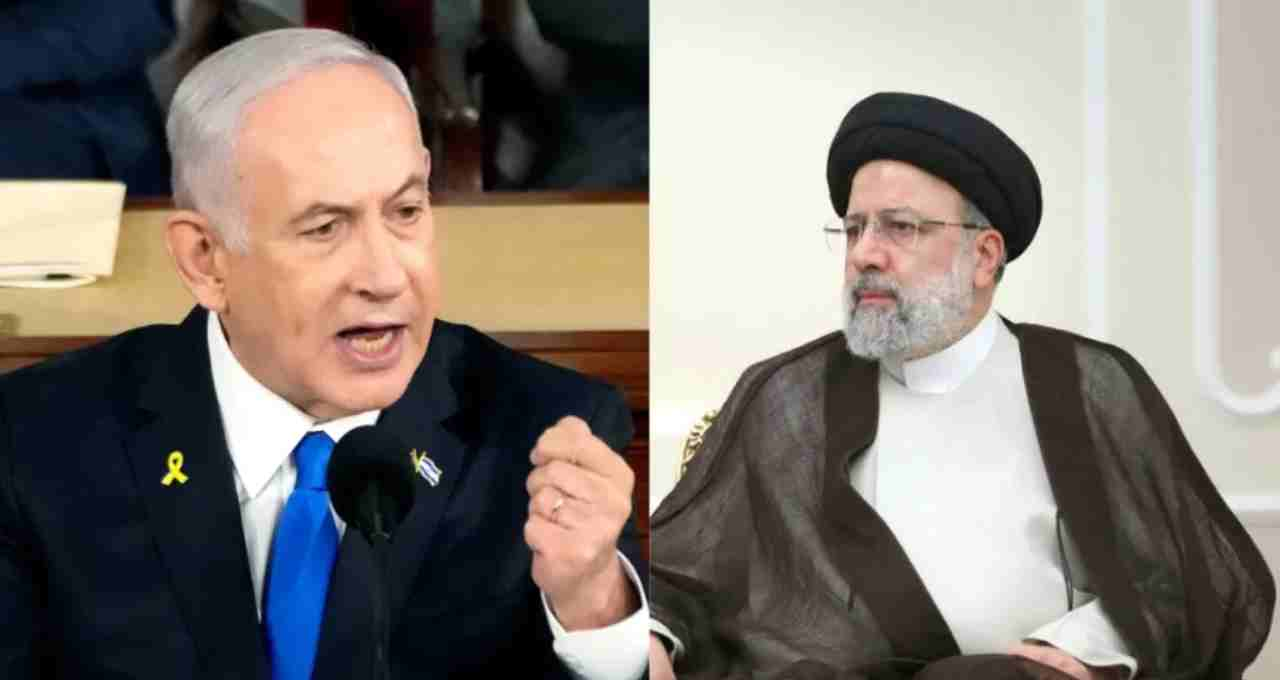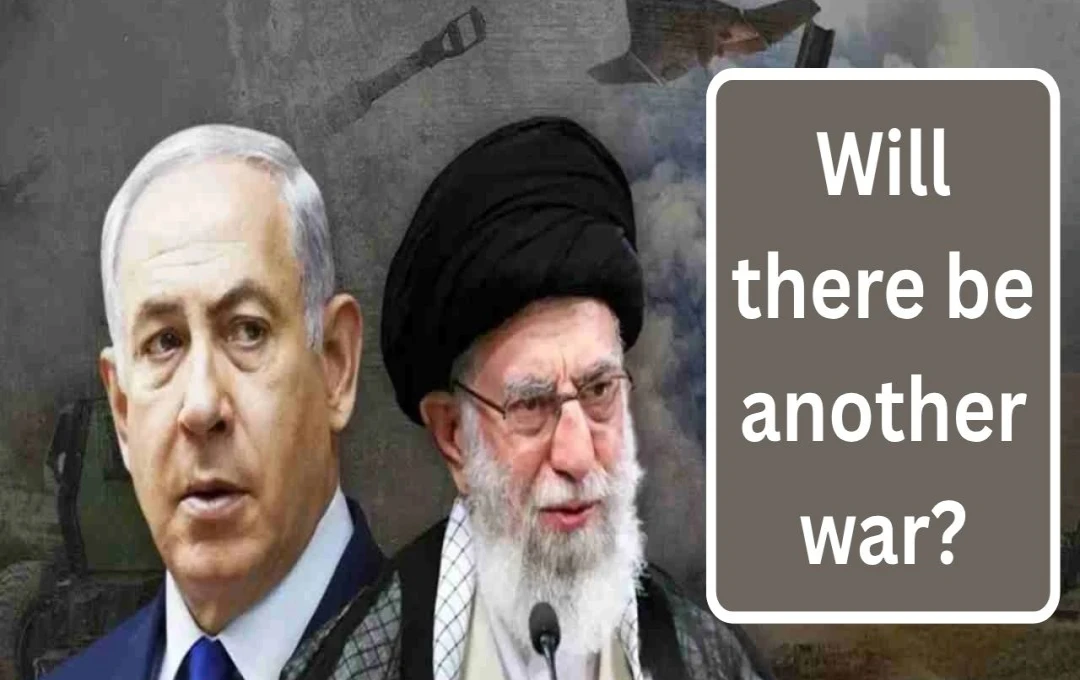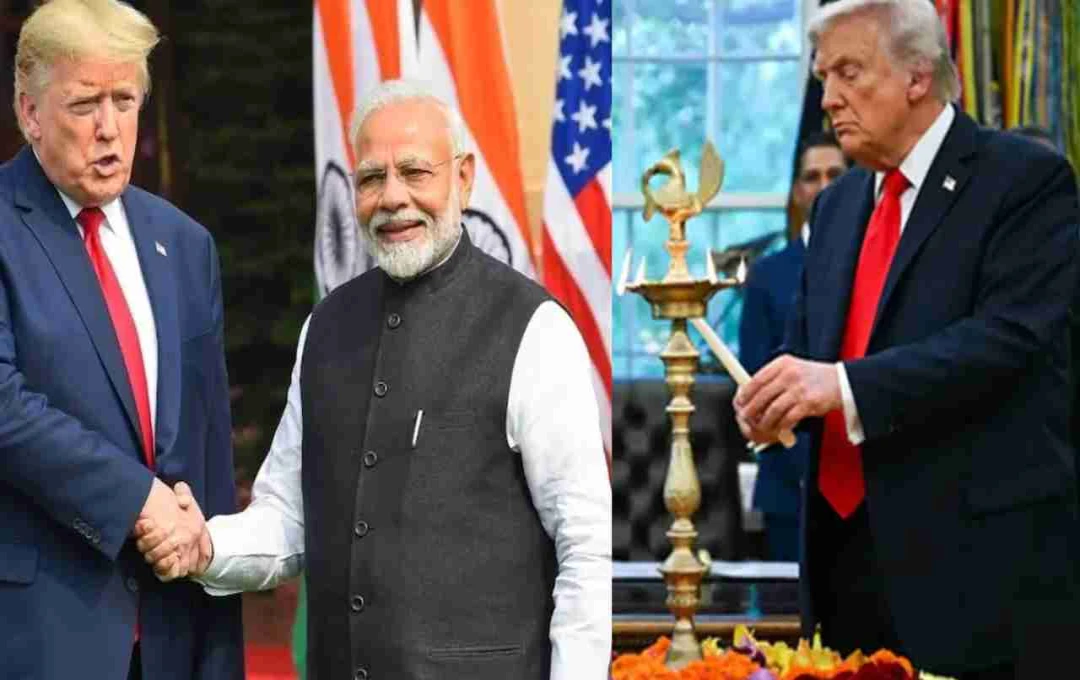West Asia stands once again at a precipice, teetering on the brink of war. Global anxieties surrounding Iran's nuclear program are steadily escalating. Recent signals from Israel have further heightened this already volatile situation.
Washington, D.C.: Israel may soon launch a military operation in Iran, further escalating regional tensions. Concerned about potential Iranian retaliation against U.S. military or diplomatic facilities in Iraq, the United States has instructed non-emergency government personnel to leave Iraq and advised its citizens there to exercise caution.
Nuclear Program at the Heart of the Conflict
For years, Iran's nuclear program has been a focal point of international concern. The United Nations and several Western countries, including the United States, have expressed fears that Iran may be developing its nuclear program for military purposes. Recently, the International Atomic Energy Agency (IAEA) warned that Iran has increased its uranium enrichment levels, bringing it closer to acquiring nuclear weapons.
In a recent statement, the Israeli Prime Minister declared, "We will not allow Iran to acquire nuclear weapons, no matter the cost." This statement bly suggests that Israel is preparing to pursue a military solution rather than diplomatic negotiations. According to a report in the Times of Israel, the Israeli Defense Forces (IDF) have intensified drills in preparation for a potential strike.

U.S. on High Alert, Issues Warnings to Citizens
Meanwhile, recognizing the gravity of the situation, the United States has begun taking steps to protect its citizens and personnel in the Middle East. The U.S. State Department has advised non-essential diplomatic personnel and their families in Iraq, Bahrain, and Kuwait to return home. A senior U.S. official stated, "We are monitoring the situation closely, and the safety of our citizens is our top priority."
While the current U.S. administration is led by President Biden, a response from former President Donald Trump has also emerged. Speaking at a cultural event in Washington, Trump stated, "Iran cannot have nuclear weapons; we will not allow it. If necessary, we will not shy away from military action." The Trump administration previously advocated for stringent sanctions and military options against Iran.
Iran's Response: 'Decisive Retaliation'
While there has been no official military response from Iran, sources linked to the Iranian Ministry of Defence have indicated that any Israeli attack would be met with an "immediate and decisive" response. Furthermore, Hezbollah and other Iran-backed militia groups are on high alert, potentially further complicating the situation.
Despite the heightened tensions, diplomatic efforts have not entirely ceased. Reports suggest that former U.S. envoy Steve Witkoff is planning another trip to Tehran to engage in talks with Iranian officials. This would be a sixth attempt by the U.S. to persuade Iran to negotiate on its nuclear program.















